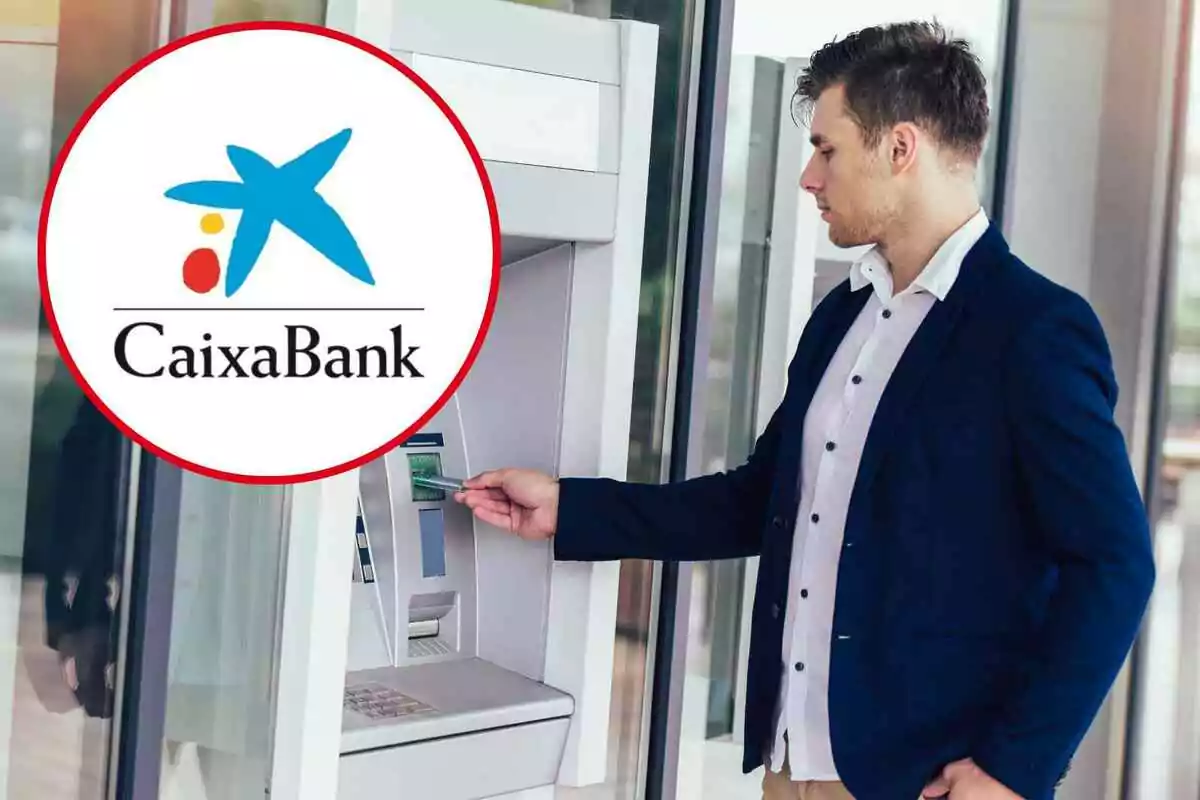
CaixaBank's Urgent Notice to All Its Customers: Be Very Careful When Doing This in 2025
CaixaBank warns about possible fraud in tax returns. Here's how you can avoid scams
The income tax return for the 2024 fiscal year is approaching quickly. The campaign will begin on April 2, which increases cybercriminals' interest in taking advantage of this period.
In this scenario, CaixaBank has issued an urgent warning to its customers to prevent fraud related to the income tax return. The bank has called for heightened precautions to protect personal and banking information.

The income tax return campaign presents a key moment for criminals. CaixaBank warns that this stage is especially vulnerable. In fact, during this time, the sending of fraudulent emails, deceptive SMS, and suspicious phone calls intensifies.
CaixaBank Warns of Income Tax Return Frauds
The income tax return is an obligation for many, and the rush to complete the process can cause some customers to let their guard down. However, CaixaBank's alert emphasizes that it is essential to be alert to any signs of fraud. The entity has anticipated these attacks and shares practical recommendations to identify and avoid frauds.
One of the key tips is to carefully check the sender of the messages. Cybercriminals often use domains that closely resemble the original but with slight differences.

For example, the official domain of the Tax Agency is aeat.es. A similar domain, like aeatr.es, can be a trap. At the slightest doubt, type the official address directly into the browser instead of following links from suspicious messages.
Another sign of fraud is the request for banking information. Neither the Tax Agency nor any banking entity will request confidential data through emails or SMS. If you receive a message requesting personal or financial data, immediately suspect and verify its authenticity.
It is crucial to pay attention to the medium used for communication. CaixaBank emphasizes that the Tax Agency only uses emails and SMS to notify the status of the return. Any request for sensitive information through these channels should raise an alert.

The tone of the message is also revealing. Spelling mistakes and the use of language that creates urgency can be warning signs. Although today there are very well-written fraudulent emails, the combination of errors and alarming messages usually indicates the presence of a scam.
CaixaBank Warns About Links and Attachments
Deceptive messages often include attachments or links that invite you to click. CaixaBank strongly recommends not opening documents or following links from dubious sources. The Tax Agency never sends files with invoices or return data, so if you receive one, it is most likely a scam.
If a message contains links, it is best to enter the web address manually in the browser. This simple measure can prevent you from falling into traps designed to steal your data.

Cybercriminals also resort to phone spoofing techniques. They can hide their real number behind one that seems legitimate. CaixaBank warns that neither the Tax Agency nor any banking entity will contact customers by phone to request personal or financial information.
If you receive a suspicious call, it is better to hang up and contact the entity directly using the official numbers found on their website.
How to Detect If You Are a Victim of Fraud
CaixaBank offers a list of recommendations for customers to identify if they are being targeted by fraud during the income tax return. First, you must check that the email or SMS domain is official. If the domain looks similar but is not identical, be suspicious.

Never share banking data; the Tax Agency will never ask for confidential data through these means. Also, you should only use official channels for any inquiries.
Pay attention to the tone and possible spelling errors in the message. Remember that a sense of urgency can be an indication of fraud. If a message includes attachments or links, ignore them.
Finally, if you receive a suspicious call, end the conversation and call the entity's official number.
More posts: